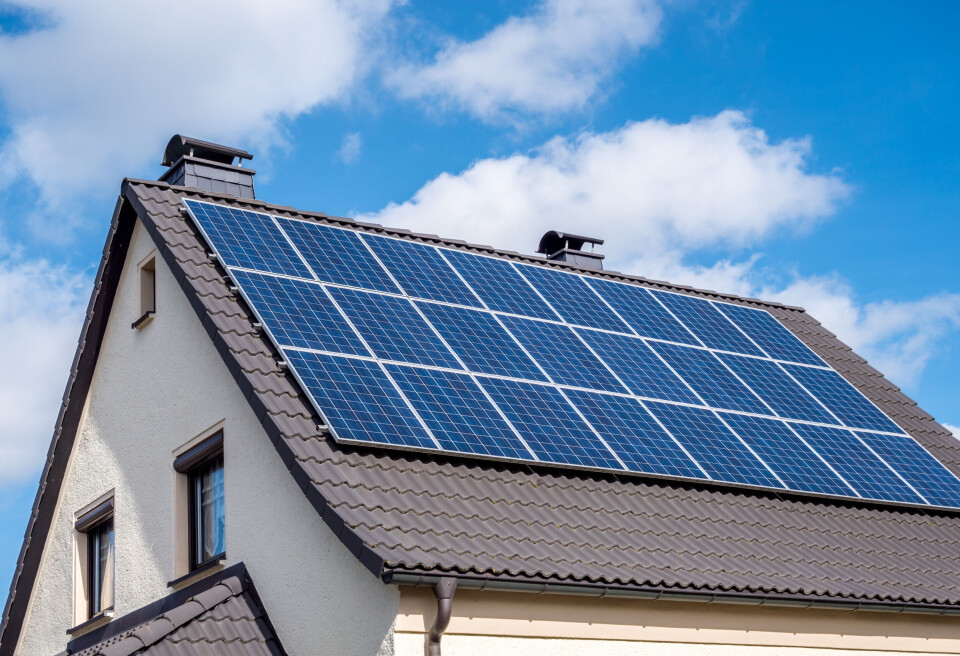-
Is health insurance required to return to visit England from France?
Certain health access remains free at the point of use for all
-
Do self-employed people in France put their personal assets at risk?
Rules for self-employed workers are different than for employees
-
Are there noise rules for motorcycles in France?
‘Sound radars’ may soon come into force following trial
France solar panels: How do I connect them to grid and sell my energy?
Selling energy from solar panel systems already installed is possible but subject to an approval process

Reader question: Is it possible to attach solar panels we installed a few years back onto the energy grid, and sell our supply?
Some background explanation is required to clarify this situation, however, the short answer is that, yes, it is possible to retroactively attach solar panels to the national grid.
In this question we are only looking at solar panels that are already installed – for articles on first-time installation read our FAQ article here.
You need to make sure that your set-up is compatible with the regulations, and is suitable to benefit from selling energy to the grid.
To start with, obviously, you can only connect photovoltaic solar panels, and not solar thermal panels, as the latter are for hot water but do not produce electricity.
Some self-installation kits are also not applicable, however, you will be informed during the application process if yours is not compatible.
You should also think about your reasons for connecting your installation to the grid – do you want to keep producing your own energy with the panels and then sell the surplus, or sell all of the energy you produce?
You should read our recent article on the difference between these two choices – even if you have already installed your panels long ago, it will help give you an overview of the options.
What are the steps?
To connect your system to the grid, you should contact Enedis, which operates the French electricity grid on behalf of EDF.
You should know what you want to do with your system before contacting them – if you are still unsure, you can ask the firm which installed your solar panels for its advice.
Read more: Warning over solar panel firm and its sales tactics in France
If you want only to sell your surplus energy, connection is free, but if you wish to sell all of your solar energy, you will need to pay a connection fee.
The fee varies depending on your set-up and can be from around €500 - €2,500.
Once you have chosen, you can either enter your connection request online or send a physical form to Enedis with your request.
You will need to attach additional paperwork, including a layout plan of your production, with photographs of your connection if possible.
You may also need to show installation certificates where applicable, as well as a Consuel (Comité National pour la Sécurité des Usagers de l’Electricité) certification that your installation is safe. (You can use our article above on the differences between selling all of some of your energy to help you with this step).
If you wish to sell all of your energy, Enedis will send your information to EDF so it can draw up a purchase contract.
There is no purchase contract for selling surplus energy as the system works by presuming the energy is given free in exchange for a fixed 'bonus' that is paid over the course of five years.
After this, you will receive a connection proposal, and if necessary, a list of works for you to complete before the connection is made. The proposal will be valid for three months, and the work must be completed in that time.
Some changes, such as changes to your panel, will be carried out by Enedis itself (the specifics will be included in the connection proposal).
After any work is completed, and the purchase contract is signed if applicable, it may take up to ten days for your panels to be officially connected.
If you are unsure whether your installation is applicable but you still want to connect, there is no harm in starting the process anyway. You should soon be informed if you do not meet the criteria.
























